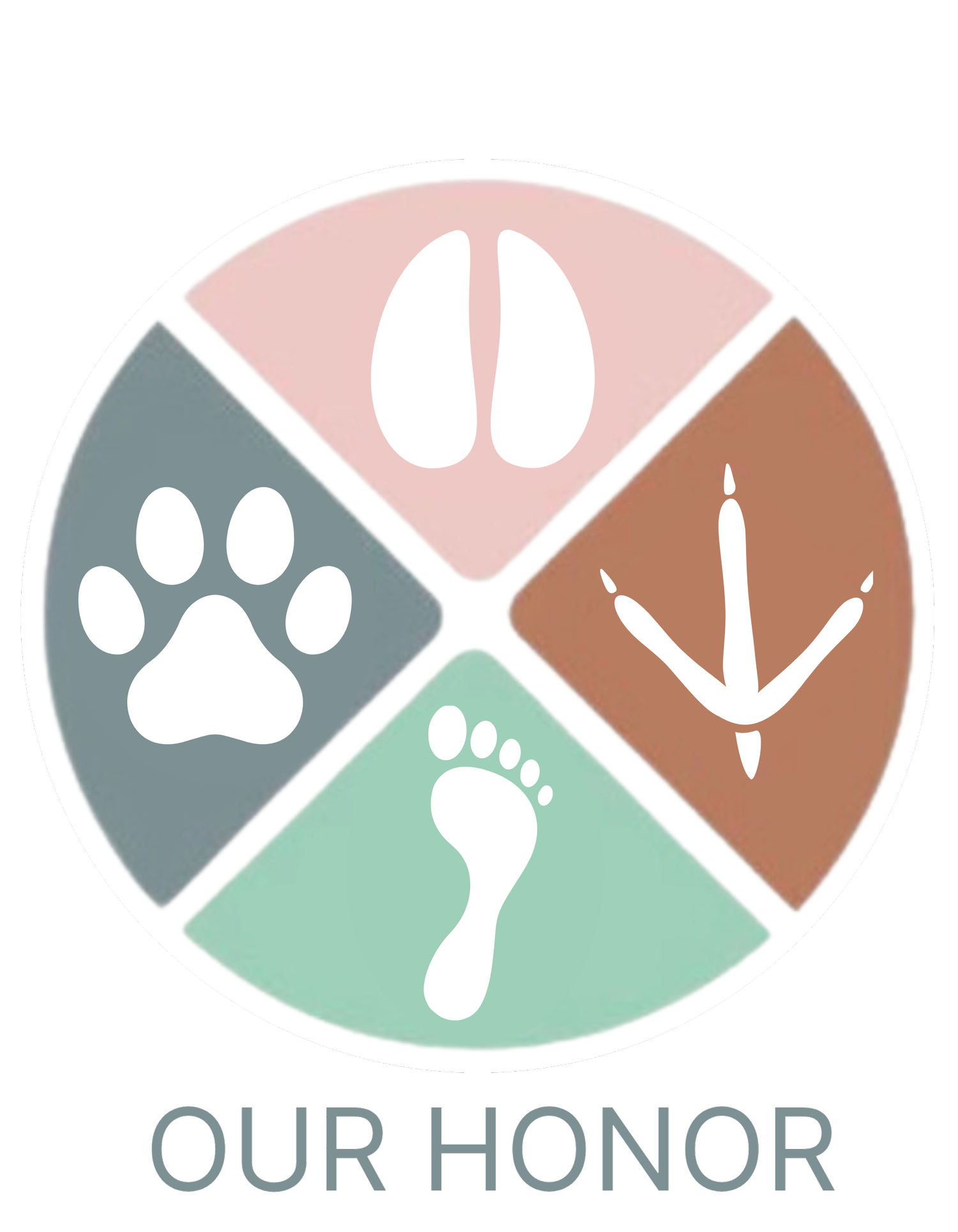PROGRAM DESCRIPTION:
RACE Program #20-1106404 1.5 Hours RACE-Approved Credits
The design and evolution of the curriculum for veterinary education and training involves choices about the methods employed to meet teaching objectives. Ensuring that these tools and approaches are the most appropriate requires clarity on teaching objectives and the required skill sets, and an awareness of developments in technology, educational practice and ethics. Animal experimentation and the dissection of purpose-killed animals continue to be employed in some practical classes. However, humane and innovative methods – ‘alternatives’ – are now widely available and are increasingly being implemented in university departments and skills labs to achieve replacement and to enhance the acquisition of knowledge and skills. This transition reflects a growing commitment to best practice, a recognition of the advantages of alternatives, and an appreciation of the need for efficient methods that can meet the demand for competence upon graduation, as well as opportunities for continuing education and training. In this presentation, the humane methods are explored in detail, with a focus on teaching objectives and the skill sets that are addressed throughout the trajectory of a veterinary degree. Case studies of the development and implementation of these humane innovations are provided from university departments and producers at the forefront of progressive change in veterinary education and training. This exemplary practice is illustrated using footage from the InterNICHE documentary film series DVM: Training the Animal Doctor, specifically the new surgery episode. Through interviews, demos and student labs, the film demonstrates not only the feasibility of full replacement of harmful animal use, but the pedagogical advantages of non-animal methods and clinical learning opportunities that include technical competence as well as critical thinking and emotional and ethical literacy. The impact of this curricular transformation is described for students, educators, the animals, the veterinary profession, and society itself. The presentation will show that such tools and approaches are often no longer considered ‘alternative’ but are becoming the norm.
LEARNING OBJECTIVES:
Attendees will gain a thorough understanding of the types of humane innovations and alternatives that are replacing harmful animal use in veterinary education and training, and their advantages for knowledge and skills acquisition. They will have seen a case study for surgical training using an advanced synthetic trainer, with developers and educators sharing their experience of implementation both for students and for professionals. They will also gain insight from the identification of myths and misunderstandings regarding harmful animal use and alternatives, and from a comprehensive and critical look at teaching objectives, including the hidden curriculum. They will be aware of the growing momentum of curricular change that demonstrates an active transition to ethical education and training.
